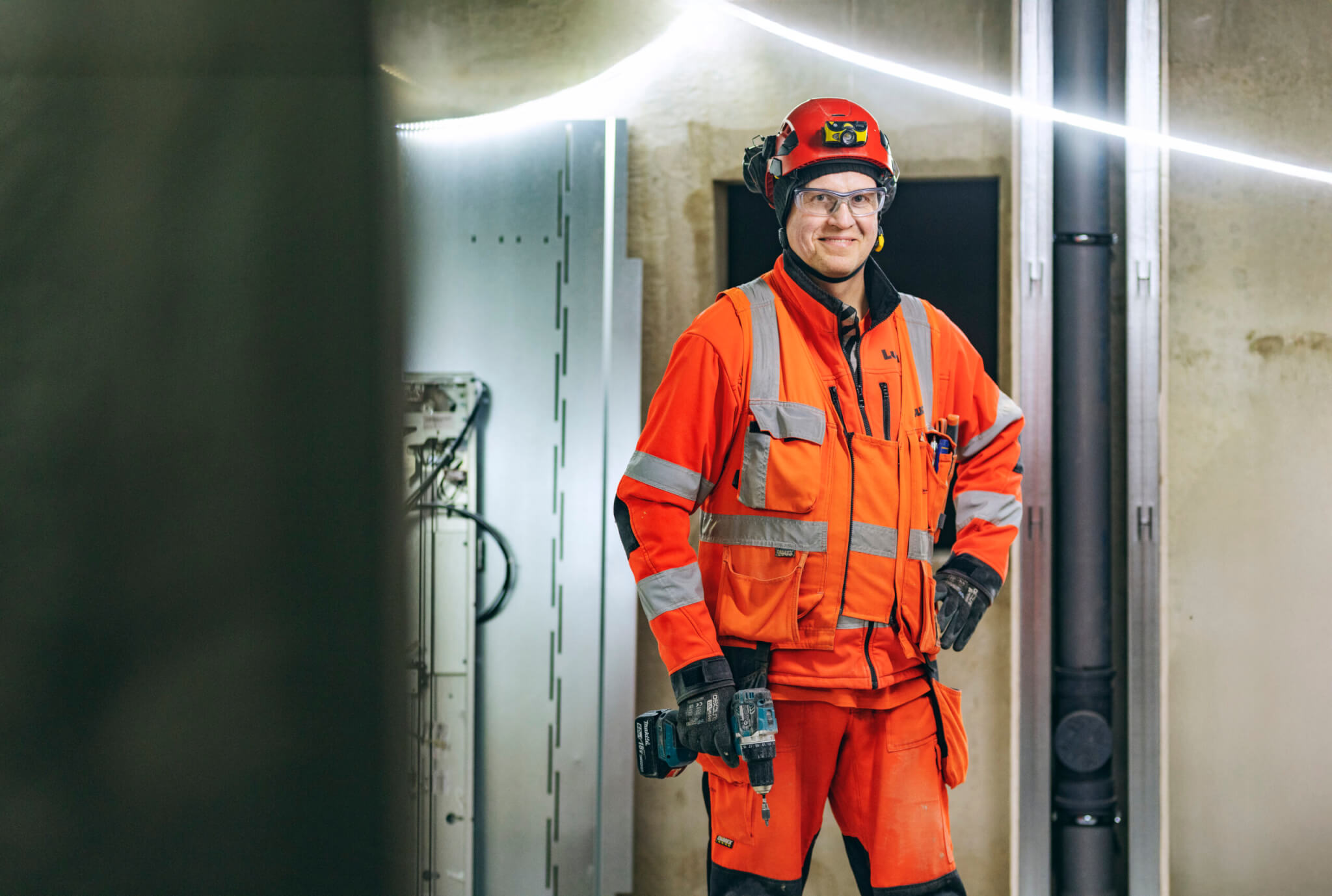The Finnish Construction Trade Union (Rakennusliitto) supports its members throughout their entire career – from student to pensioner. Membership of the Finnish Construction Trade Union costs €25 per month.

Recommend membership, get a gift card
When a member recommends someone to join the union, they will receive a €10 gift card for S Group (Prisma, S-market etc.). You get a gift card for every new member who is either employed or unemployed.
Joining is easy with our online form. The new member needs to include the recommender’s name and membership number on the form.
The recommender will receive the gift card once the new member has been a member for 2.5 months. Gift cards will be sent to the recommender’s home a few months after the recommendation.
Membership is only €25/month!
News

News
26.05.2025
New collective agreements for construction workers

News
25.04.2025

